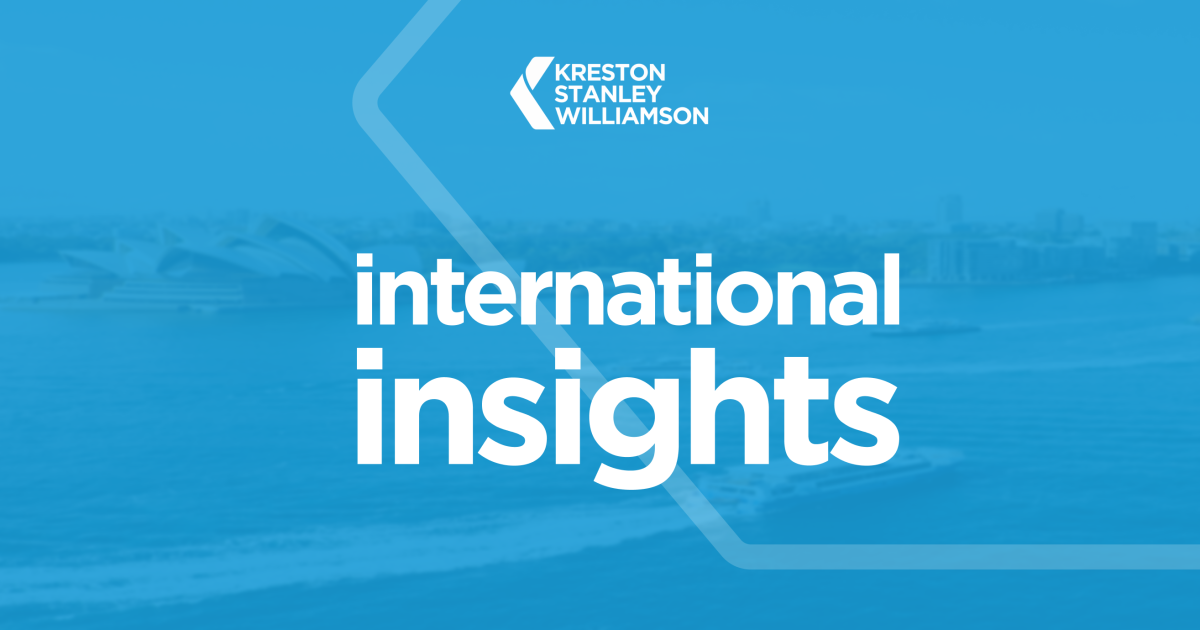Simplified Transfer Pricing Record Keeping Options
In our April 2015 newsletter we discussed new simplified transfer pricing record keeping options.
On 22 February 2017, the Commissioner of Taxation issued Practical Compliance Guideline PCG 2017/2, setting out eight simplified transfer pricing record keeping options for:
- Small taxpayers
- Distributors
- Intra-group services
- Low-level inbound loans
- Materiality
- Management and administration services
- Technical services, and
- Low-level outbound loans
The Guideline explains the eligibility criteria for each of the above options, and includes practical and useful examples.
For intra-group services, for example, the Guidance indicates that a 7.5% mark-up on costs is acceptable provided all eligibility criteria are met.
Where you choose a simplified record keeping option you notify the Australian Taxation Office through a disclosure on your International Dealings Schedule, which forms part of your Australian income tax return.
Amendments to Transfer Pricing Guidelines
Australia’s transfer pricing rules have been updated to include, with effect from 1 July 2016, the Organisation for Economic Cooperation and Development (OECD) Base Erosion and Profit Shifting (BEPS) amendments to the OECD Transfer Pricing Guidelines for Multinational Enterprises and Tax Administrations. The Guidelines emphasise substance over legal form, and the specific changes include:
- A framework for analysing risk allocations between related parties
- New guidance in relation to intangibles
- Revised guidance on cost sharing arrangements
- Guidance on transfer pricing low value adding intra-group services
Links to more information can be found on the ATO’s website here.
New and Bigger Tax Penalties for Large Multinationals
The Bill enacting the Diverted Profits Tax (DPT) discussed in our December 2016 newsletter received assent on 4 April 2017, and will take effect from 1 July 2017. The DPT is proposed to apply to “significant global entities” (SGE’s), which are multinational groups with more than 1 billion Australian dollars of global group-wide revenue. A penalty tax rate of 40% will apply in circumstances where the amount of Australian tax paid is reduced by diverting profits offshore through related-party arrangements. The DPT will apply to tax benefits arising in income years starting on or after 1 July 2017.
At the same time, administrative penalties that can apply to SGE’s for failing to lodge documents on time or making false or misleading statements will also increase significantly from 1 July 2017. For example, a late lodgement of a document by an SGE that before 1 July would incur a $180 penalty for being lodged less than one month late will now expose them to a potential penalty of $105,000 from that date forward.
GST on Digital Supplies to Consumers
Currently, digital products and services that Australian consumers buy from non-resident suppliers aren’t subject to GST as they don’t have the necessary connection with Australia. This changes from 1 July 2017, and from that date non-resident suppliers of such products and services may need to register for and remit GST.
An “Australian consumer” for this purposes is an Australian resident who is not registered for GST.
There is a turnover threshold of $75,000 for GST, meaning that if the relevant turnover exceeds $75,000 the supplier must register for GST. From 1 April 2017, suppliers have the option of full or limited GST registration. Limited registration does not require an ABN and only minimal identification is required, however the supplier will not be entitled to input tax credits for any Australian purchases they make.
Chevron Transfer Pricing Appeal
In a previous newsletter we discussed the Chevron case, where the Federal Court found that interest paid by an Australian resident company to its US subsidiary was not calculated at an arm’s length rate.
An appeal to the Full Federal Court was heard during March 2017, and on 21 April 2017, the appeal was dismissed. The case can be found here.
Kreston Stanley Williamson Team
*Correct as of May 2017
*Disclaimer – this article has been produced by Kreston Stanley Williamson as a service to its clients and associates. The information contained in the article is of general comment only and is not intended to be advice on any particular matter. Before acting on any areas contained in this article, it is imperative you seek specific advice relating to your particular circumstances. Liability limited by a scheme approved under professional standards legislation.














